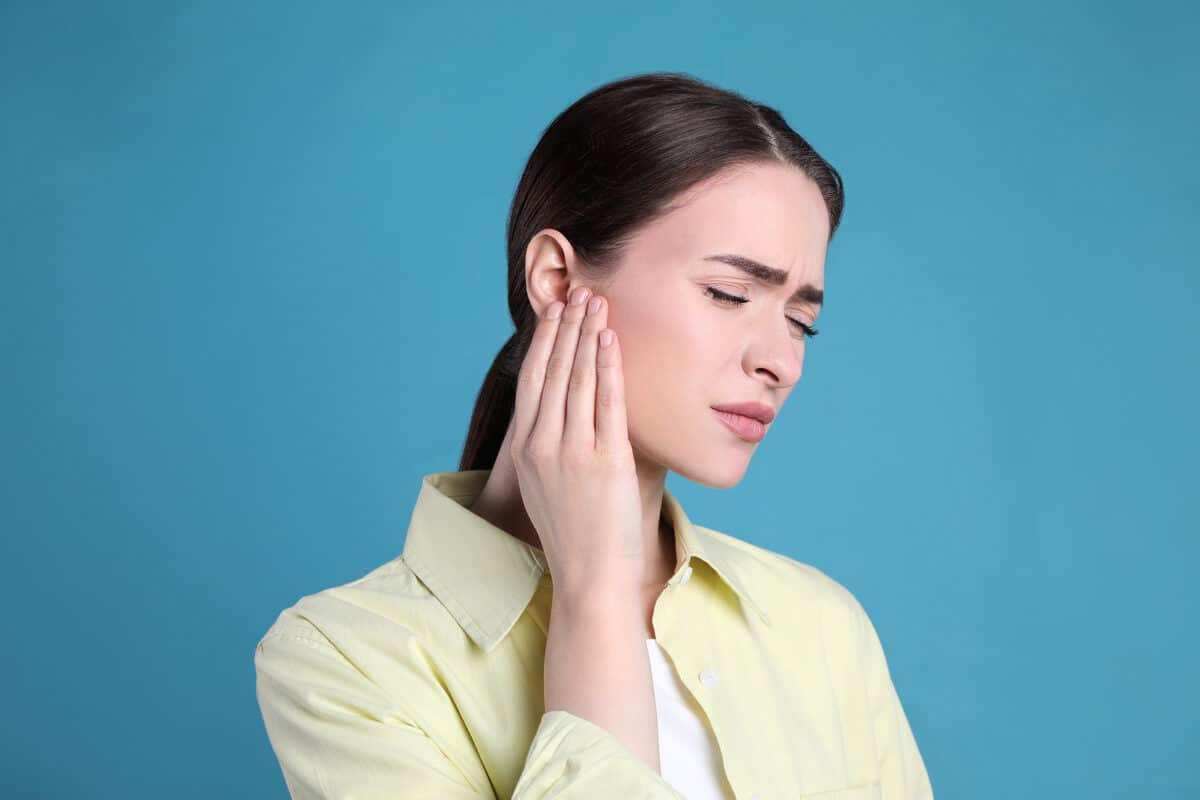
Hearing Loss and Sleep
Sleep sciences have learned a lot about the brain and other bodily functions during sleep. This mysterious process of reduced consciousness does not mean that the brain and body stop functioning altogether. Rather, the sensory and cognitive functions of the mind change modes, receiving stimuli but keeping them in subconscious attention. With this principle in mind, how does hearing loss affect sleep? On one hand, it might seem like the brain would enjoy the lack of stimuli, perhaps enabling deeper and sounder sleep. On the other hand, the alert functions of the brain can shift to high attention when they don’t receive enough information. Let’s take a closer look at the relationship between sleep and hearing loss. Although many studies have addressed this connection, the results have been varied.
Hearing Loss and Insomnia
Insomnia comes in many forms. Some people find it difficult to fall asleep in the first place, while others find it difficult to stay asleep long enough to feel rested. Still others feel as though they are sleeping, but the quality of that sleep is not deep enough to provide a feeling of rest. How do these different experiences of insomnia relate to hearing loss? It turns out that insomnia is much more common among those with hearing loss. In fact, a full two thirds of people with hearing loss experience some kind of insomnia. Why might these rates be so high? Researchers speculate that the mind has a more difficult time feeling secure when it does not have auditory information to process. For those who do not have hearing loss, the brain continues to receive auditory signals throughout the night. Although the mind and body sleep, the brain continues to remain alert to auditory signs of danger. This principle also explains how it is possible to use an alarm to wake up. Although the alarm is not a “danger,” it is a triggering sound that arouses the mind. Many sleep scientists believe that those who have hearing loss experience insomnia due to a lack of auditory information. Without that information to process, the mind does not feel able to rest.
Tinnitus and Sleep
Tinnitus, the experience of hearing sound from within the body, is a condition closely related to hearing loss. The most common cause of tinnitus is exposure to noise, and noise exposure is also a cause of hearing loss. When the tiny hairlike organelles of the inner ear, called stereocilia, are exposed to noise, they can become bent, broken, or otherwise damaged. In the case of hearing loss, those receptors are turned permanently off. However, in the case of tinnitus, those receptors can be turned permanently “on,” producing the sensation of sound when there is not external stimulus. Tinnitus has a high correlation with insomnia, as well. Some attribute that connection to the anxiety that is also common among those who have tinnitus, making it difficult to sleep. Others explain the connection between tinnitus and insomnia by the auditory environment in the moments prior to sleep. In a quiet environment like a bedroom at night, tinnitus symptoms can seem even louder. When tinnitus is too loud and bothersome, many people find it difficult to fall asleep. Some even play fans, televisions, radios, or white noise machines to mask the sound of tinnitus and to enable sleep.
Sleep and Hearing Aids
Although most experts do not recommend wearing hearing aids to bed, their use during the day can help with sleep issues. Studies have shown that those who wear hearing aids have lower rates of insomnia, even when they remove their aids prior to sleep. Some explain this connection in terms of the sonic contrast between daytime listening and quiet night listening, almost as if the person were inserting earplugs to fall asleep in contrast with full-spectrum sound by day. If you have trouble sleeping and have untreated hearing loss, you might benefit from treatment. You can begin the process by scheduling a hearing test. This exam will let us know what kind of hearing aids are right for you, and we will use the diagnosis to recommend the right style and strength of assistance. Getting treatment can create a ripple effect of other benefits, including sounder sleep!
